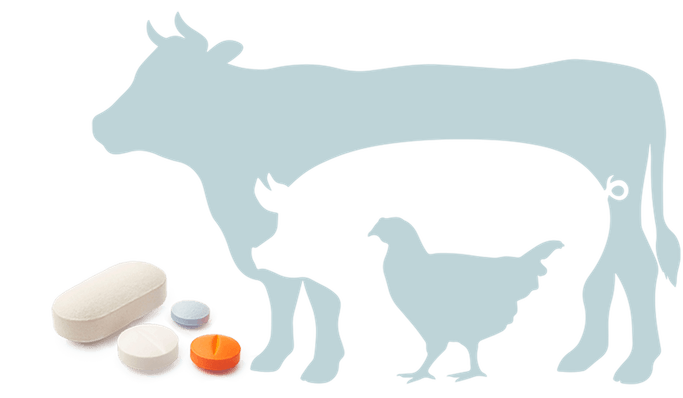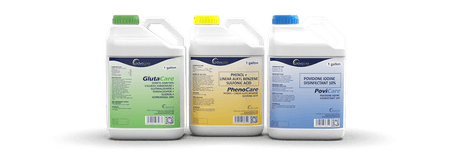What is the meaning of Veterinary Disinfectants and Antiseptics?
Disinfectants and antiseptics are chemical agents that eliminate or reduce microorganisms on surfaces, instruments, and skin to prevent the spread of infectious diseases. Disinfectants will kill or inactivate microorganisms. Antiseptics are for living tissues and are less toxic than disinfectants.
Disinfectants and antiseptics are widely used in veterinary medicine, including in hospitals, clinics, farms, and animal shelters. The most common indications include preventing the spread of infectious diseases, reducing the risk of surgical site infections, and disinfecting equipment and surfaces to maintain a clean and hygienic environment.
Surface cleaners and disinfectants play a pivotal role in maintaining sanitation and hygiene standards in various settings. Especially in veterinary contexts, using an effective surface disinfectant is essential to ensure that areas where animals are treated remain free of harmful pathogens.
Among the many disinfectants available, quaternary ammonium compounds are particularly popular due to their broad spectrum of antimicrobial activity. These compounds are not only effective against a wide range of bacteria, fungi, and viruses, but they also have a residual effect, ensuring that surfaces remain germ-free for an extended period. As such, they are an integral component in the arsenal of products used to keep veterinary facilities clean and safe.


